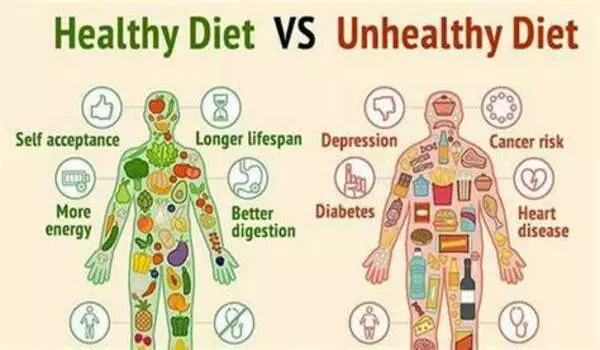Adolescent diet quality is indeed associated with serious health risks. Adolescence is a critical period of growth and development, and nutrition plays a critical role in supporting these processes. A diet deficient in essential nutrients can have long-term effects on both physical and mental health.
Adolescent diet quality in the United States is among the worst across all age groups, putting young people at risk for heart disease, stroke, and diabetes, among other cardiometabolic diseases later in life. The Healthy Eating Index-2015 and medical testing were used to assess a group of youth aged 10-16 years in the research brief published in Elsevier’s Journal of Nutrition Education and Behavior.
The Translational Investigation of Growth and Everyday Routine in Kids cohort was examined in this study. This study assessed physical activity, sleep, and overall dietary guidelines for Louisiana youth living in metropolitan areas that are typically medically underserved and characterized by high poverty, food insecurity, obesity, and related diseases. Participants in the study provided baseline data and two years later provided follow-up data.
This study discovered specific dietary quality patterns associated with adolescent cardiometabolic risk factors. Nutrition knowledge must be promoted, but knowledge is not consistently linked to food consumption behavior. Identifying and researching effective strategies to overcome barriers to eating a healthy diet may reduce future health risks.
Amanda E. Staiano
“Examining the data related to diet quality may help identify targets for future interventions in families, homes, and communities,” explained corresponding author Amanda E. Staiano, PhD, Pennington Biomedical Research Center, Louisiana State University. Effective and timely interventions focusing on dietary guidelines adherence are required to improve diet quality and reduce health risks.”
Of the 342 eligible and enrolled adolescents, the final study sample included 192 participants with complete baseline and follow-up data. At baseline and follow-up, the adolescents were asked to wear an accelerometer for at least seven days and complete two 24-hour dietary recalls for their food and beverage intake during research visits that included body composition, blood pressure, and clinical chemistry measurements and anthropometrics.

Educational programs and interventions aimed at promoting healthy eating habits, along with parental guidance, can play a crucial role in improving diet quality during adolescence and reducing the associated health risks.
In terms of overall eating patterns, the findings revealed that adolescents with poor adherence to the 2015-2020 Dietary Guidelines for Americans and associated cardiometabolic risk factors maintained these same patterns over the two-year study period, implying that the negative effects of a poor-quality diet had already established the health risks these teenagers will face throughout their lives.
“This study discovered specific dietary quality patterns associated with adolescent cardiometabolic risk factors,” Dr. Staiano concluded. Nutrition knowledge must be promoted, but knowledge is not consistently linked to food consumption behavior. Identifying and researching effective strategies to overcome barriers to eating a healthy diet may reduce future health risks.”















